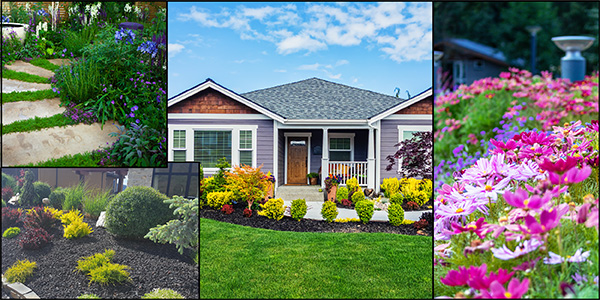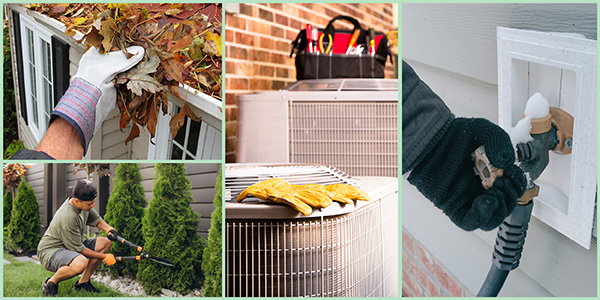Homeowners
10 Things Every New Homeowner Should Know - Infographic
May 22, 2018
You bought the house and secured the keys, so now what? Buying a new home is a very exciting time for most; however, there's additional information you should know about once you've moved in. Check out this infographic and find out everything you need to know about being a new homeowner.

10 Things Every New Homeowner Should Know
Buying a home exposes you to everything from understanding the differences in mortgage programs to the importance of tuckpointing (using contrasting mortar in brickwork). However, once you have those keys in hand, there's a lot of additional information you'll need to know, especially as you move in, make repairs, and embark on improvements.
1. Learn Your (Property) Lines
Visit your local zoning department before doing any of the following to avoid inadvertently trespassing into your neighbor's territory:
- Erect a fence
- Remove a tree
- Plant border shrubs
2. Can You Dig It?
Call your state's 811 information center before you dig so you can avoid any utility lines buried in your yard.
3. What to Do in a Water Emergency
Know where your main water valve is, what it looks like, and how to shut it off.
- Signs the Water Heater Needs Replacing
- 10 or more years old
- Rust on the floor
- Rumbles as it heats up
- Moisture or pooling water
5. Know Your Fuse Box
Beyond knowing where your fuse box is, determine what each switch controls and label it. Consider keeping a flashlight with extra batteries nearby.
6. Organize Owner's Manuals and Warranties
Dedicate a drawer or file for any paperwork for these main appliances:
- Thermostat
- Refrigerator/freezer
- Dishwasher
- Washer/dryer
- Water heater
- Central air-conditioning unit
7. Kick It to the Curb (on the Right Day)
Learn the pick-up schedule for both garbage and recycling—and what your refuse service will and won't accept.
8. Parking Parameters
Avoid a fine for violating:
- Street cleaning times
- Overnight restrictions
- Residential and guest parking permits
9. License Fido and Mr. Whiskers
Licensing requirements differ by municipality, but generally, it's necessary to license your pet—especially to use dog parks.
In the U.S. there are an estimated:
- 9 million dogs
- 0 million cats
- 3 million birds
- 8 million horses
Source: AVMA 2012 U.S. Pet Ownership and Demographics Sourcebook
10. Know What Needs A Permit
Generally, the following projects require permits:
- Installing/repairing a fence
- Structural changes to the building
- Additions
- Installing windows that are a different size from previous ones
- Landscaping work





 Smart Moves Start Here.
Smart Moves Start Here.